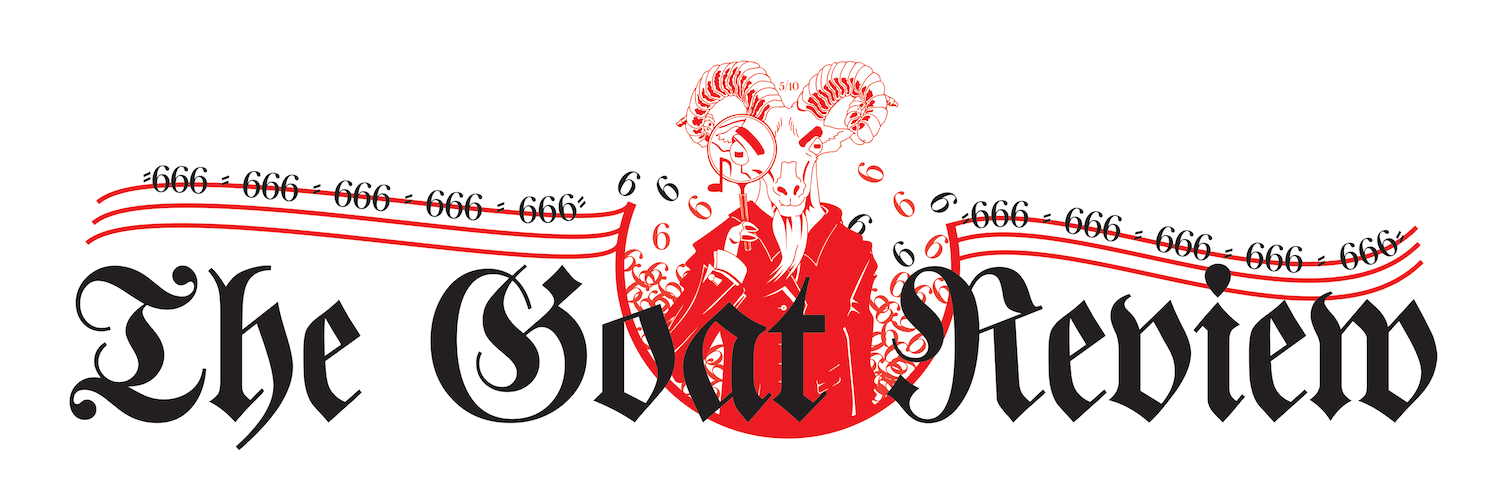
Griffon have been on an upward trajectory with each subsequent release being better than the previous. I’ve always found their albums lyrically significant, with the first three major releases focusing on different perspectives on the Crusades (most notably their split with Darkenhöld, where they explored three different sides of the wars in each of their songs)—I’ve not been more fascinated with lyrics on a black metal album than I have been with De Republica. Taking a decidedly anti-authoritarian and perhaps even antifascist perspective, each song here is about a different time period in history, with the prime focus being French history. Every track takes on a melancholic tinge, and can be considered laments, because nothing feels triumphant. The themes of this album are both a love for the republic and a sadness that it can’t last, as shown by the little blurbs present in the lyrics sheet before each song, providing context as to what the songs are referencing. This new style is also heavily laden with spoken word, a style which can quickly turn overbearing if the atmosphere doesn’t work for it. Yet on De Republica, it adds extra context. For example, in opener and best song “L’homme du tarn”, a song about French pacifist Jean Jaurès, quotes of his are permeated throughout, adding a bit more emotional impact to the track. It’s also one of the best songs Griffon have written to date, showcasing for the first time clean vocals. These are meaningful to the song, and don’t come off as a failed experiment.
The rest of the album highlights Griffon‘s most mature and accomplished work, both in songwriting quality and lyrical composition. Production here is top-notch and crisp as well. The guitarwork on this album is fantastic for melodic black metal, not being overly reliant on trem-picking and instead opting to go for a variety of riff stylings. Other notable tracks include “A l’insurrection” and explosive finale “De Republica”. The latter opens with subdued guitar giving way to spoken word over the sounds of a disgruntled crowd, before orchestral bursts and driving riffs bring the song and album to an end. Yet, while I greatly enjoy this album, I can’t help but feel that the spoken word is too much in places. Each song is telling its own story, and unlike other artists who heavily focus on spoken word in their music (notably Árstíðir Lífsins), none of the songs are quite long enough to justify sometimes 25-30% of a song’s vocals being spoken word. It’s a rare case where I wish an album was longer than it was, as 36 minutes is not enough time to get the meaningful impact initially intended when penning these tunes. However, De Republica is Griffon‘s best album yet. I’ve no doubt they will refine their craft even more on album number four, and this release is sure to grow on me further throughout the year.
